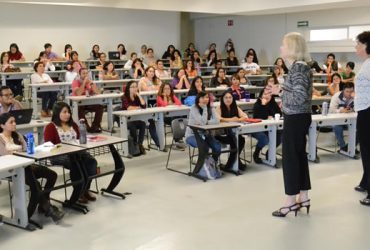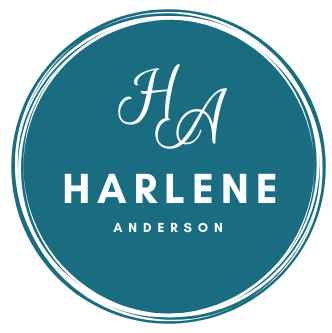
Books & Manuscripts
Looking for one of Harlene Anderson’s books? Explore her latest publications and discover valuable free resources to delve into the transformative world of collaborative therapy.

Podcasts
Tune in to Harlene Anderson’s podcast appearances for enlightening discussions on collaborative therapy.

Videos
Explore Harlene Anderson’s videos for cutting-edge insights into collaborative therapy, featuring engaging discussions and practical demonstrations at the forefront of transformative family therapy.

